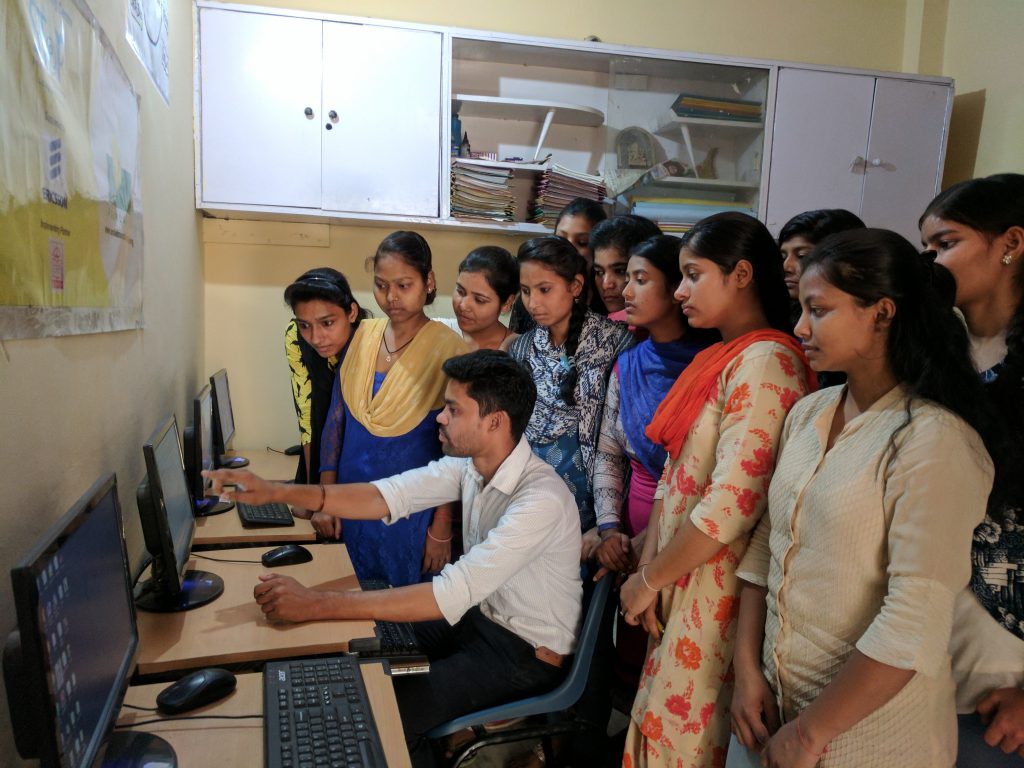Education has always been a cornerstone of societal progress, and scholarships play a unique role in making quality education accessible to diverse communities. In the context of India, a nation with a rich cultural and educational heritage, the evolution of scholarships reflects both historical challenges and the ongoing commitment to create a more inclusive learning environment.
Indian Education System
The education of India system boasts a long and storied history, with institutions like Nalanda and Takshashila dating back to ancient times. However, the modern education system underwent significant reforms during the British colonial period, with the establishment of universities and the implementation of a structured curriculum.
Post-independence, India witnessed a surge in educational institutions and policies aimed at democratising education. Despite these efforts, challenges such as economic disparity, regional imbalances, and social inequalities persisted, leading to the need for targeted interventions like scholarships.
Global Origins of Scholarships
The concept of scholarships has ancient roots, with some of the earliest instances dating back to ancient Greece and Rome. However, the structured and systematic approach to scholarships as we know them today began to take shape in medieval Europe. The establishment of endowed scholarships and charitable trusts aimed to support individuals in pursuing education, primarily in religious institutions.
As time progressed, scholarships evolved to address broader societal needs, aligning with changing educational paradigms and global demands. The idea that financial constraints should not be a barrier to education gained prominence, laying the foundation for scholarship programmes worldwide.
Inception of Scholarships in India
In India, the formal initiation of scholarship programmes can be traced back to the pre-independence era. During this time, scholarships were primarily offered by philanthropic individuals, religious institutions, and regional governments. Post-independence, the government assumed a more active role in promoting education through scholarship schemes.
The establishment of bodies like the University Grants Commission (UGC) further catalysed the scholarship landscape in India. Over the years, various schemes and programmes have been introduced to address the specific needs of different demographics, fostering inclusivity in education.
Need for Scholarships
Scholarships in India serve as a crucial mechanism to address systemic challenges and ensure that education is not a privilege confined to a select few. The need for scholarships arises from the recognition that financial constraints often impede deserving individuals, especially from marginalised communities, from accessing quality education.
Economic disparities, social biases, and regional imbalances contribute to educational inequities. Scholarships act as a bridge, facilitating the transition from limited opportunities to a vast ocean of possibilities, irrespective of socio-economic backgrounds.
Problems Scholarships Aim to Solve
- Financial Barriers: Scholarships alleviate financial burdens, enabling students to pursue education without any economic constraints.
- Social Inequality: Scholarships address historical injustices and provide marginalised communities with opportunities for advancement, contributing to a more equitable society.
- Regional Disparities: Geographical variations in educational infrastructure and resources are addressed by scholarships, ensuring that talent is recognised and nurtured irrespective of location.
- Promoting Diversity: Scholarships promote diversity in educational institutions by offering opportunities to students from various backgrounds, fostering a rich learning environment.
Future of Scholarships
The future of scholarships in India is intrinsically connected with ongoing efforts to enhance inclusivity and equal access to education. The digital age has brought about new possibilities, with online scholarship platforms making the application process more accessible and transparent.
Technological advancements and data analytics are increasingly being utilised to identify and address specific needs, ensuring that scholarship programmes are targeted and impactful. Additionally, partnerships between the government, private sector, and philanthropic organisations play an important role in expanding the reach and impact of scholarship initiatives.
Creating an Equal World through Scholarships
Scholarships play a crucial role in dismantling barriers and creating a more egalitarian society. By providing financial support, scholarships empower individuals to overcome socio-economic challenges and contribute meaningfully to their communities and the nation.
- Empowering Women: Scholarship programmes often prioritise empowering women, recognising the transformative impact of education on gender equality and societal development. This empowerment extends beyond the individual, as educated women are more likely to invest in the education and well-being of their families, creating a positive effect for the coming generations.
- Skill Development: Scholarships are increasingly aligned with skill development initiatives, addressing the evolving needs of the job market and fostering economic growth. These initiatives not only enhance employability but also contribute to the development of a skilled workforce capable of driving innovation and competitiveness in the global arena.
- Innovation and Research: Investing in scholarship programmes dedicated to innovation and research ensures that India remains at the forefront of global advancements in science, technology, and academia. Such initiatives cultivate a culture of intellectual curiosity and creativity, fostering breakthroughs that have the potential to address global challenges and improve the quality of life for all.
- Community Upliftment: Scholarships contribute to community upliftment by recognising talent and potential in every corner of the country, fostering a sense of national unity and pride. As students from diverse backgrounds receive educational opportunities, they become agents of change within their communities, catalysing development and progress.
- Cultural Diversity: Scholarship programmes that encourage cultural diversity in education create a more inclusive and tolerant society. Exposure to a variety of perspectives fosters understanding and empathy, breaking down stereotypes and prejudices that may exist across different communities.
Looking Ahead
The past and present of scholarships in India showcase a dynamic evolution in response to societal needs and aspirations. Scholarships from Smile Foundation are not merely financial aids- they are instruments of empowerment, equality, and progress. As India moves forward, an unwavering commitment to expanding and refining scholarship programmes will be instrumental in shaping a future where education knows no bounds, and every individual has the opportunity to realise their full potential. The continued evolution of scholarships will illuminate the path towards a more equitable and harmonious world.









